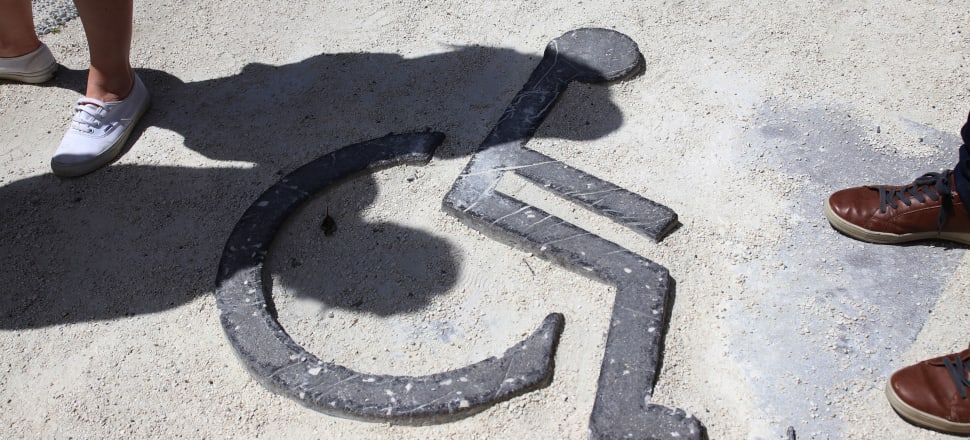
Funding is not keeping pace with the skyrocketing costs facing disability providers – and workers in the sector are exhausted and fed up
Providers of services for disabled people say a 3 percent lift in their contracts is insulting.
Those spoken to by Newsroom described similar frustrations.
The head of one provider, who asked not to be named due to contractual agreements with Whaikaha - Ministry for Disabled People, not to lobby and advocate publicly, said the team was exhausted. READ MORE: * Disability funding not best practice – experts * Clock ticks for care and support pay equity deal
“I’ve got a really tired team ... If we had more funding we would be doing things differently.
“There's a lot of focus on cashflow management and cost control and that’s not where we want to be focused, we want to be focused on support."
The provider said they had been dealing with all the cost pressures regular households were facing.
“We’re constantly reviewing our costs, we are luckily not at the mercy of market rent but we need to upgrade the cars in our fleet for example and we can’t afford to do that.
“We’re just getting as many discounts as we can, as much free stuff from the community as we can.”
Staff ratios were something the provider would not compromise on, which left little room to find cost savings.
“Eighty percent of our costs are staffing so very little wiggle room. But I refuse to compromise on staff ratios because then we start compromising on support.”
The provider said the limited budget made enacting the Enabling Good Lives principles difficult because they were limited in the options they could provide to disabled people.
New Zealand Disability Support Network (NZDSN) represents more than 200 disability providers.
Chief executive Peter Reynolds said increasing numbers of people were seeking support but the funding had not kept pace.
“The disability support sector is behind by an estimated 24 percent.
“Compared to providers’ cost pressures, this isn’t a real uplift, it’s a 'dribble' and that fails to provide for the 1 in 4 New Zealanders with disabilities and endangers the viability of some support services.”
$863.6 million was allocated to disability over the next four years in Budget 2023.
Reynolds said providers’ other contracts with other government agencies were getting a bigger boost.
“At the same time as Whaikaha announced a 3 percent funding dribble, Te Whatu Ora announced a 5 percent increase in funding for their contracted services. The Ministry of Social Development announced a 7 percent increase for their contracted services.
“Why then is Whaikaha being so miserly?”
Whaikaha deputy chief executive Amanda Bleckmann said the amount of funding available was determined by the government.
“We are committed to allocating this funding fairly and appropriately across all our providers.
“The funding available to providers in 2023/2024 is approximately $2.2 billion, a 9.7 percent increase on the 2022/2023 year."
That funding pool also funds personal budgets such as Individualised Funding.
“In Budget 2023 the Government allocated $863.6 million, over four years, for Whaikaha to address these cost pressures.”
Bleckmann said she acknowledged the pressures providers faced and thanked staff for their commitment.
“We regularly meet and communicate with a wide range of providers and organisations, including NZDSN.
“We are not aware of any currently facing closure. If a provider has concerns about this, we encourage them to contact us directly or through their professional network.”
Every week approximately 45,000 people receive disability support and around 100,000 people a year access accessibility devices and equipment.







